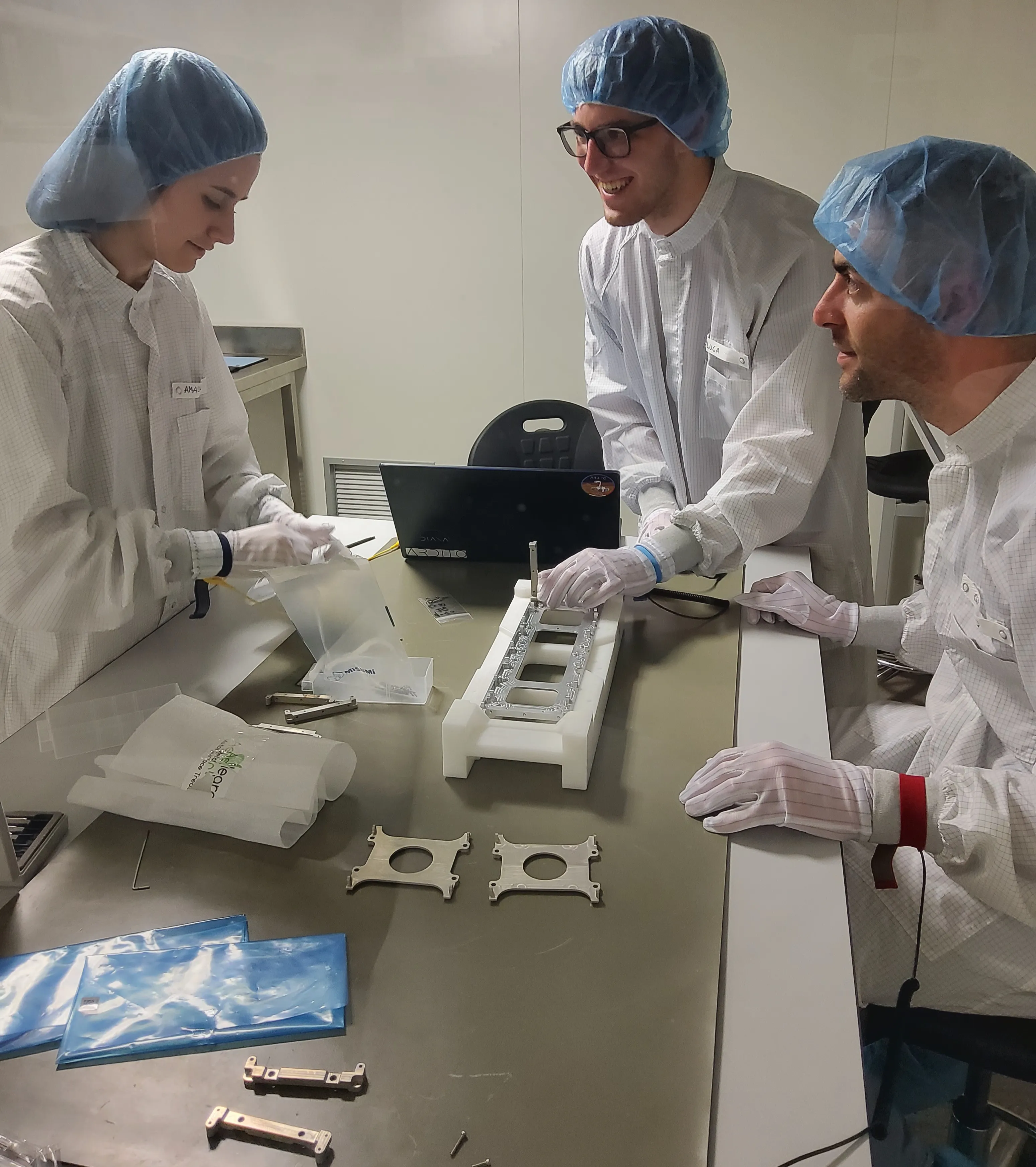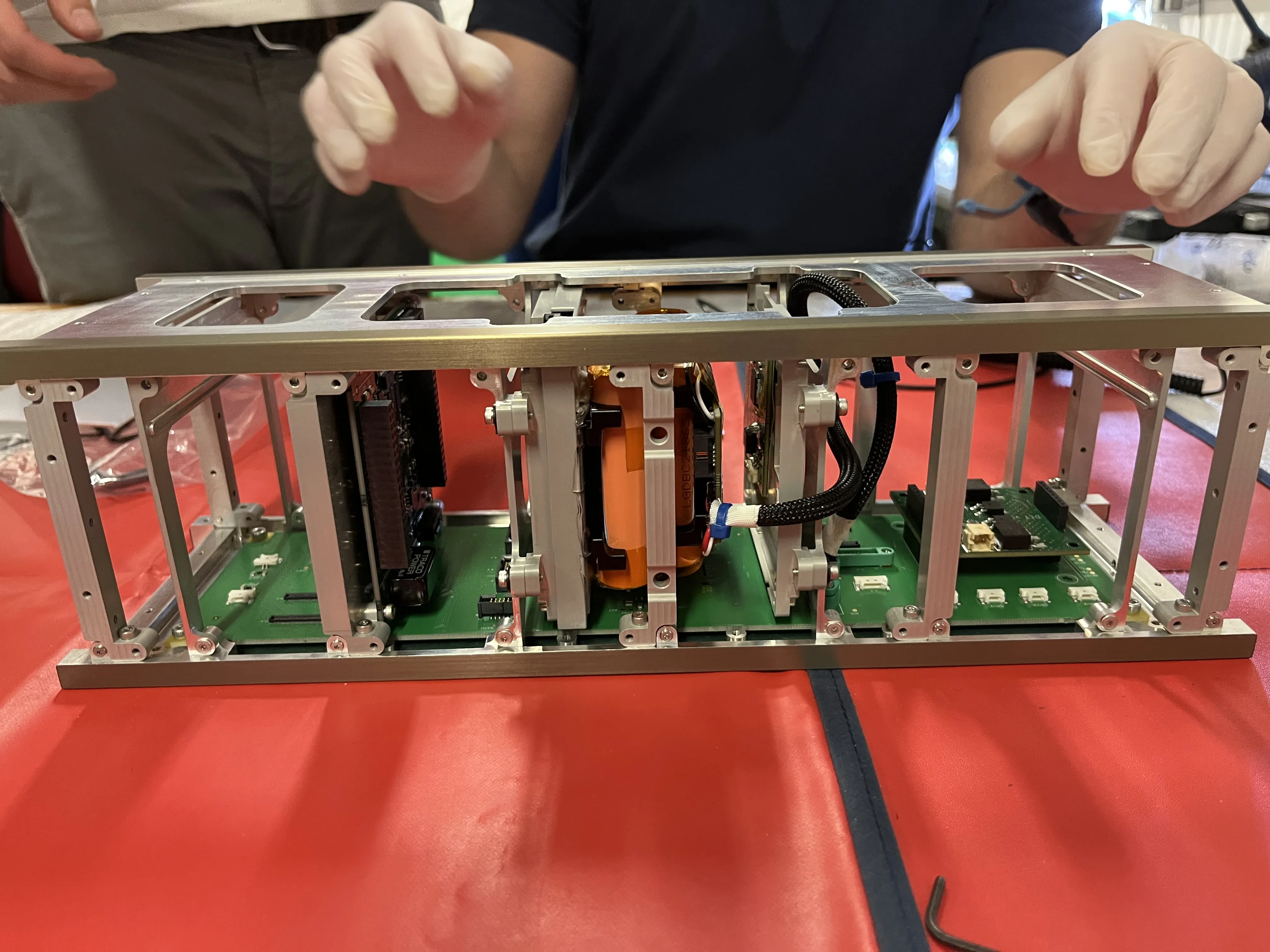
Vatican City, Jan 17, 2019 / 10:35 am (CNA/EWTN News).- Farmers from across Italy brought their animals to the Vatican for a blessing Thursday, turning the street outside St. Peter’s Square into a farmyard of horses, donkeys, cows, pigs, hens, sheep, rams, goats, geese, ducks, and rabbits.
The animals (and their owners) were present for the annual Jan. 17 blessing for the feast of St. Anthony of Egypt, a third- to fourth-century saint who lived an austere and holy life in the Egyptian desert. Because the saint spent most of his life close to nature, in Italy he is venerated as a protector of animals.
Organized by an Italian farmers’ association, some family pets, such as cats and dogs, were also present for the benediction, which was given by Cardinal Angelo Comastri, Archpriest of St. Peter’s Basilica.
The event began with Mass in St. Peter’s Basilica (in which the animals did not participate, preferring the comfort of their pens and food). The blessing by Comastri followed.
The day’s festivities also included a parade of horses down the main street leading to St. Peter’s, with a performance by a mounted police band.
At Mass, Comastri pointed to a 16th-century statue of St. Anthony of Egypt, also known as St. Anthony the Abbot, which travels from the home to home of families of the farming association for use in family prayer.
St. Anthony “understood that God is the only true richness of life and understood that God came to meet us in Jesus,” he said.
“This is a sign that the agricultural life, life in contact with daily labor, is the healthiest life and the life closest to God. And when people, families, are close to God, they have nothing to fear.”
If you value the news and views Catholic World Report provides, please consider donating to support our efforts. Your contribution will help us continue to make CWR available to all readers worldwide for free, without a subscription. Thank you for your generosity!
Click here for more information on donating to CWR. Click here to sign up for our newsletter.







Leave a Reply